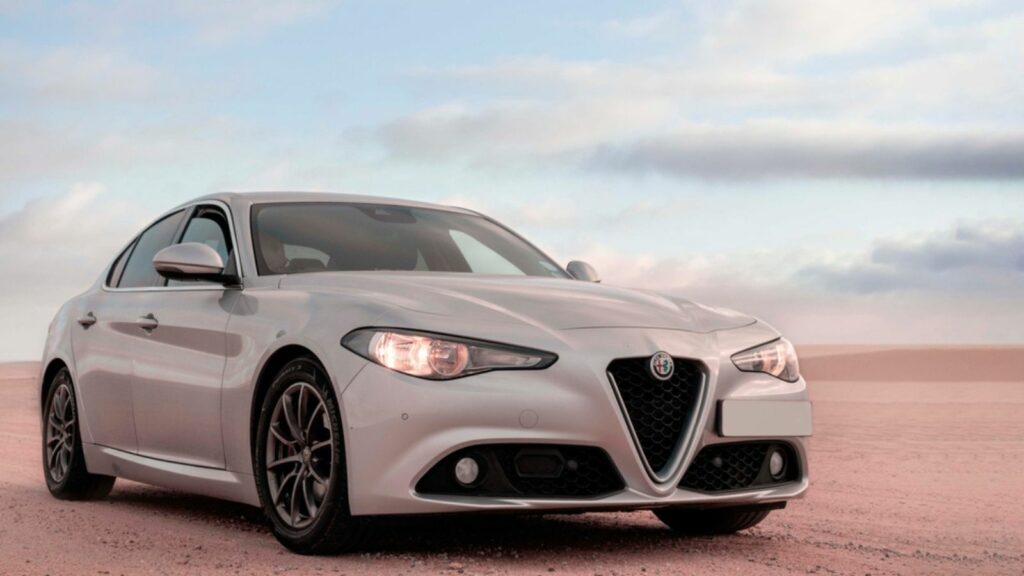Some new cars lose their value the moment they leave the dealership. Still, others are known to decline even faster than most in Canada, where harsh winters, shifting tastes, and a love for practicality reign supreme. Specific models are experiencing a significant drop in resale value at alarming rates. Whether it is due to brand perception, poor reliability, or a mismatch with Canadian drivers’ needs, these vehicles are becoming cautionary tales for resale. Here are 24 new cars that depreciate shockingly fast in Canada:
BMW 7 Series
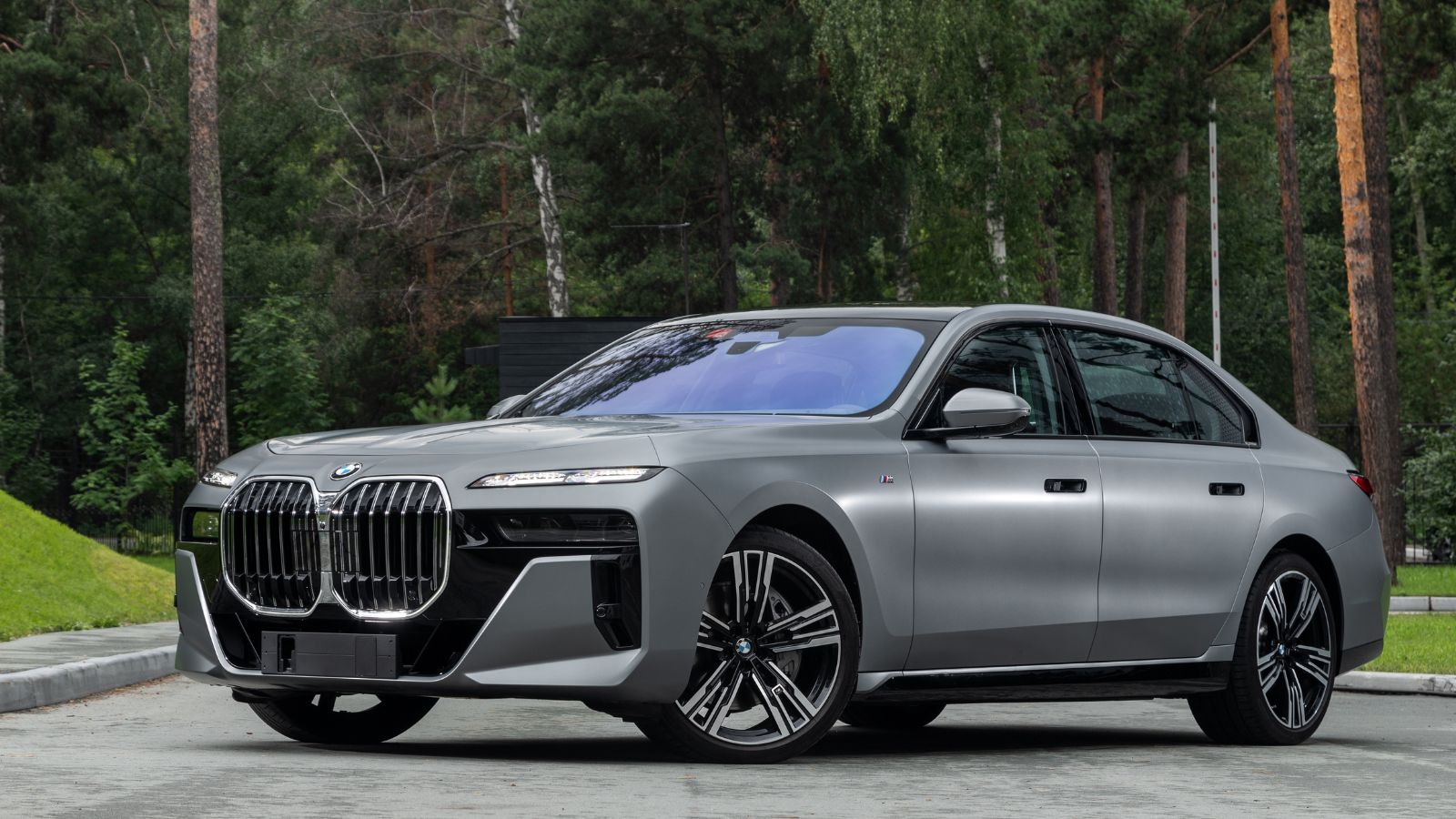
Luxury does not necessarily equate to lasting value, as seen with the BMW 7 Series. While it dazzles out of the showroom with tech, comfort, and power, Canadian buyers know better than to expect long-term returns. Within three years, the 7 Series can shed over 50% of its value, and high repair costs, expensive maintenance, and quickly outdated tech systems turn off used buyers. Many Canadians are also opting for SUVs in the luxury market, leaving big sedans behind as even low-mileage models receive lowball offers.
Maserati Ghibli
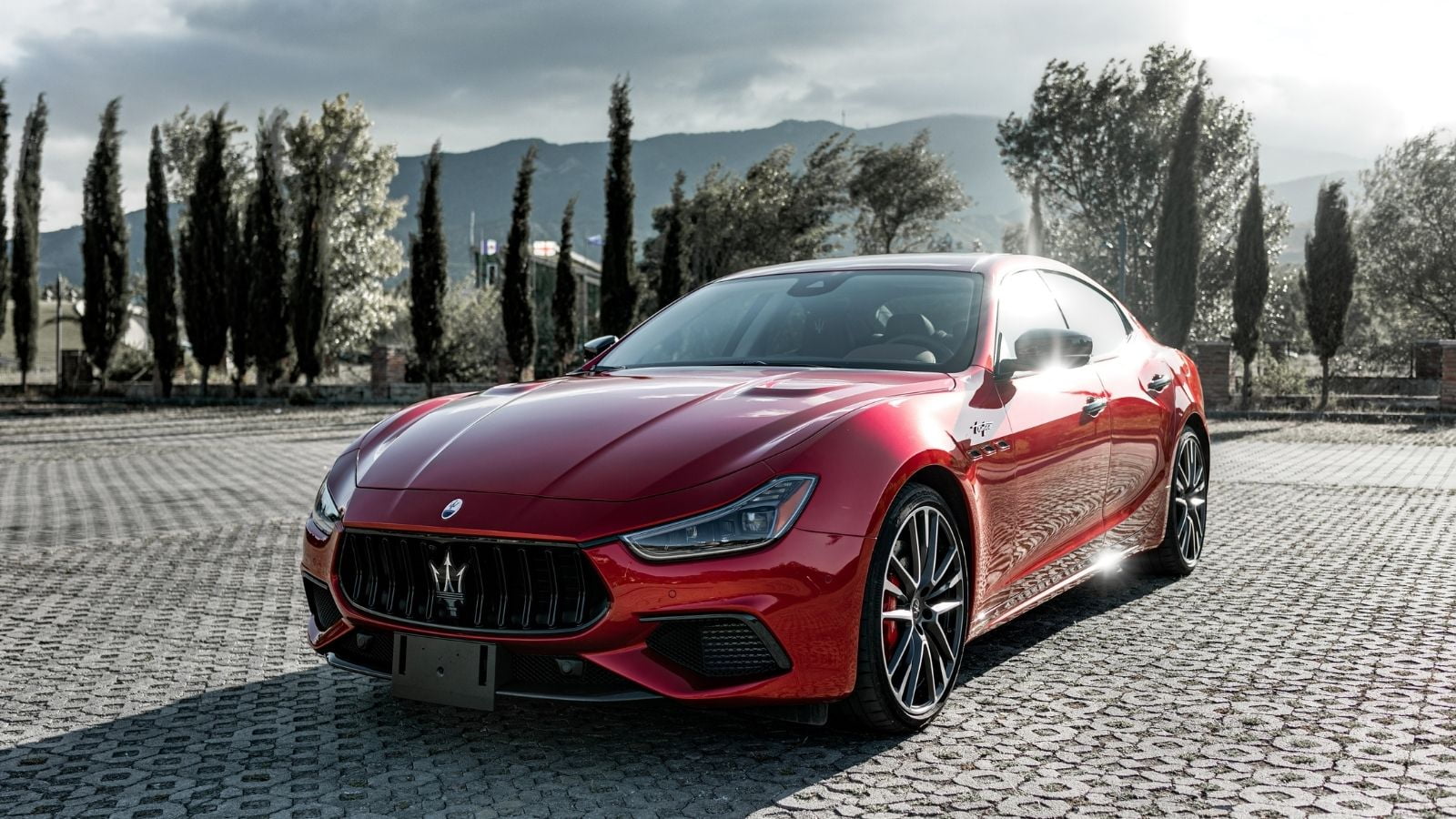
The Maserati Ghibli might scream status, but Canadian resale numbers are shouting something else entirely. Within just a few years, these eye-catching sedans can lose over 60% of their original value due to limited dealer support, high maintenance costs, and reliability that does not match the badge. In a country where winters are harsh and practical luxury prevails, Ghibli’s flashy persona does not translate to lasting appeal, and it may impress in the driveway. Still, it disappoints in the used car market.
Nissan Leaf
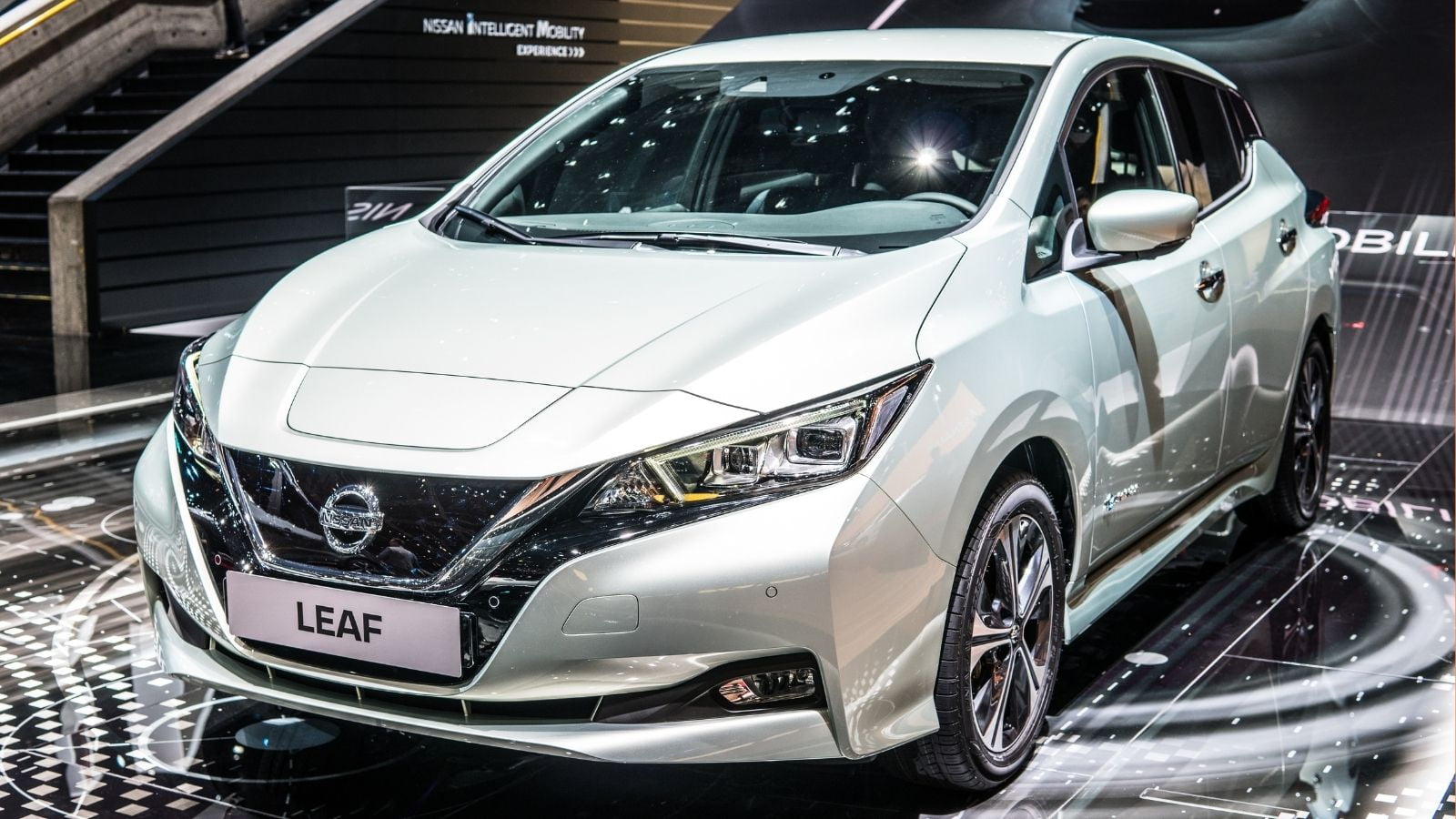
The Nissan Leaf was one of the first mainstream EVs, but early versions have aged poorly, especially in Canada. Battery degradation in cold climates has become a well-known issue, and with newer EVs offering longer ranges and better features, the Leaf’s resale value has declined significantly. Even newer models struggle to retain value, thanks to rapid EV innovation and increased competition. Buyers want longer range, faster charging, and better thermal management, areas where the Leaf falls short, and in just three years, it can lose over 50% of its value.
Chevrolet Malibu
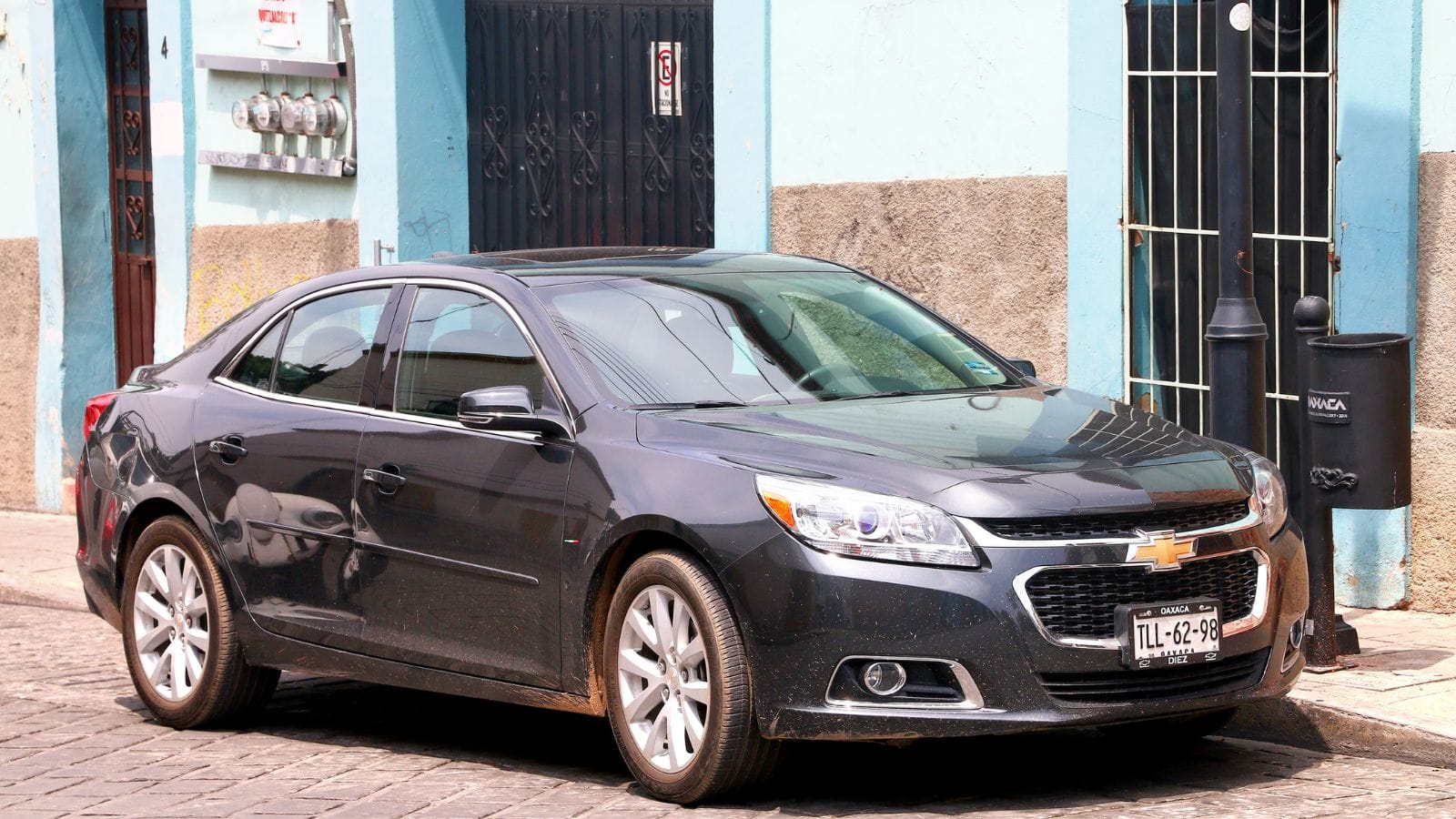
Sedans like the Chevrolet Malibu are losing favor in Canada, and this is reflected in their declining resale values. The Malibu depreciates steeply, often losing over 45% of its value within three years. With buyers flocking to SUVs and crossovers, the demand for traditional mid-size sedans is dwindling. Add in underwhelming performance and a dated interior, and the Malibu becomes an even more challenging proposition for resale. Dealers have started slashing prices to move them off lots, and that downward pressure trickles into the used market fast.
Infiniti QX80
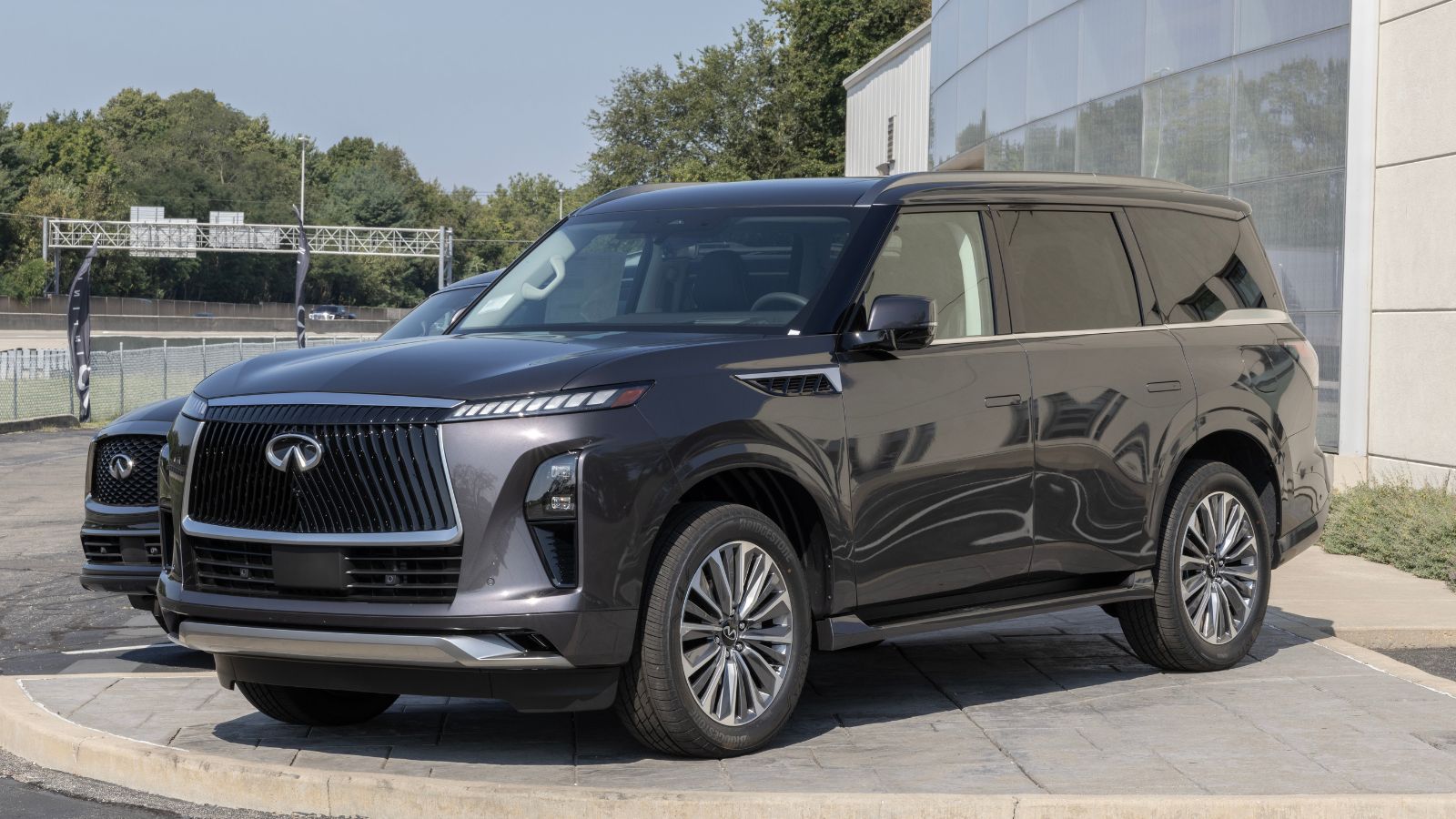
The Infiniti QX80 is a big and bold vehicle, and it commands a hefty price tag, but not for long. These full-size luxury SUVs depreciate at an alarming rate, often losing 50% or more of their value in just a few years. Canadian buyers cite poor fuel efficiency, outdated styling, and high service costs as major drawbacks, while luxury SUV shoppers are gravitating toward newer, more tech-forward options from Lexus or German rivals. The QX80 may seem like a bargain on the used market, but owners are paying dearly for that prestige upfront and losing significantly in terms of resale value.
Kia K900
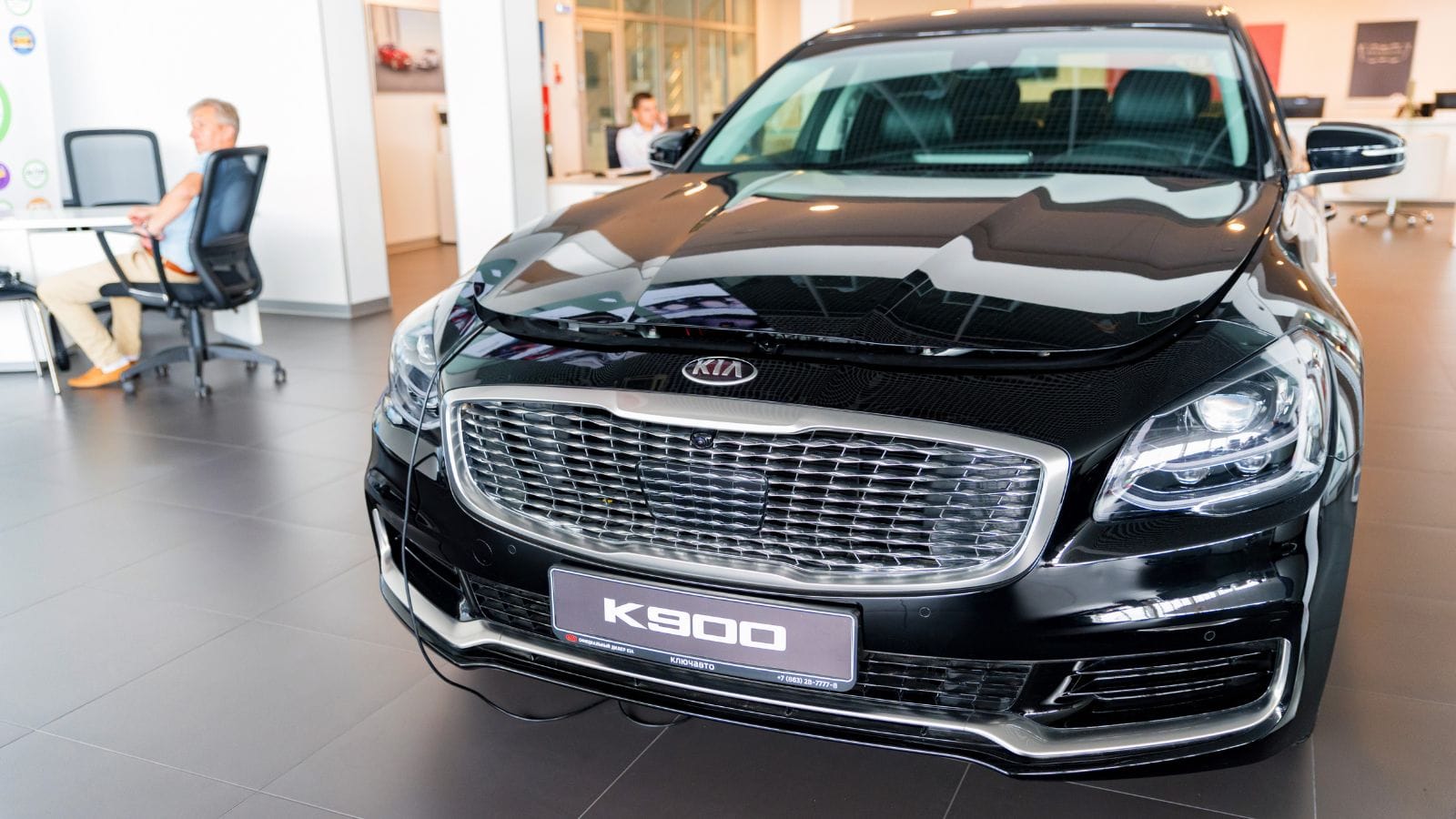
The Kia K900 tried to deliver luxury for less, but Canadian buyers never fully embraced the idea. Despite being loaded with premium features, the K900’s badge held it back in the luxury market. Most buyers cannot justify the luxury car pricing from a brand better known for budget options. As a result, the K900 depreciates rapidly, often losing over half its value within the first few years. Add in low brand recognition and limited dealer availability, and you’ve got a car that is destined for deep discounts on the resale lot.
Chrysler 300
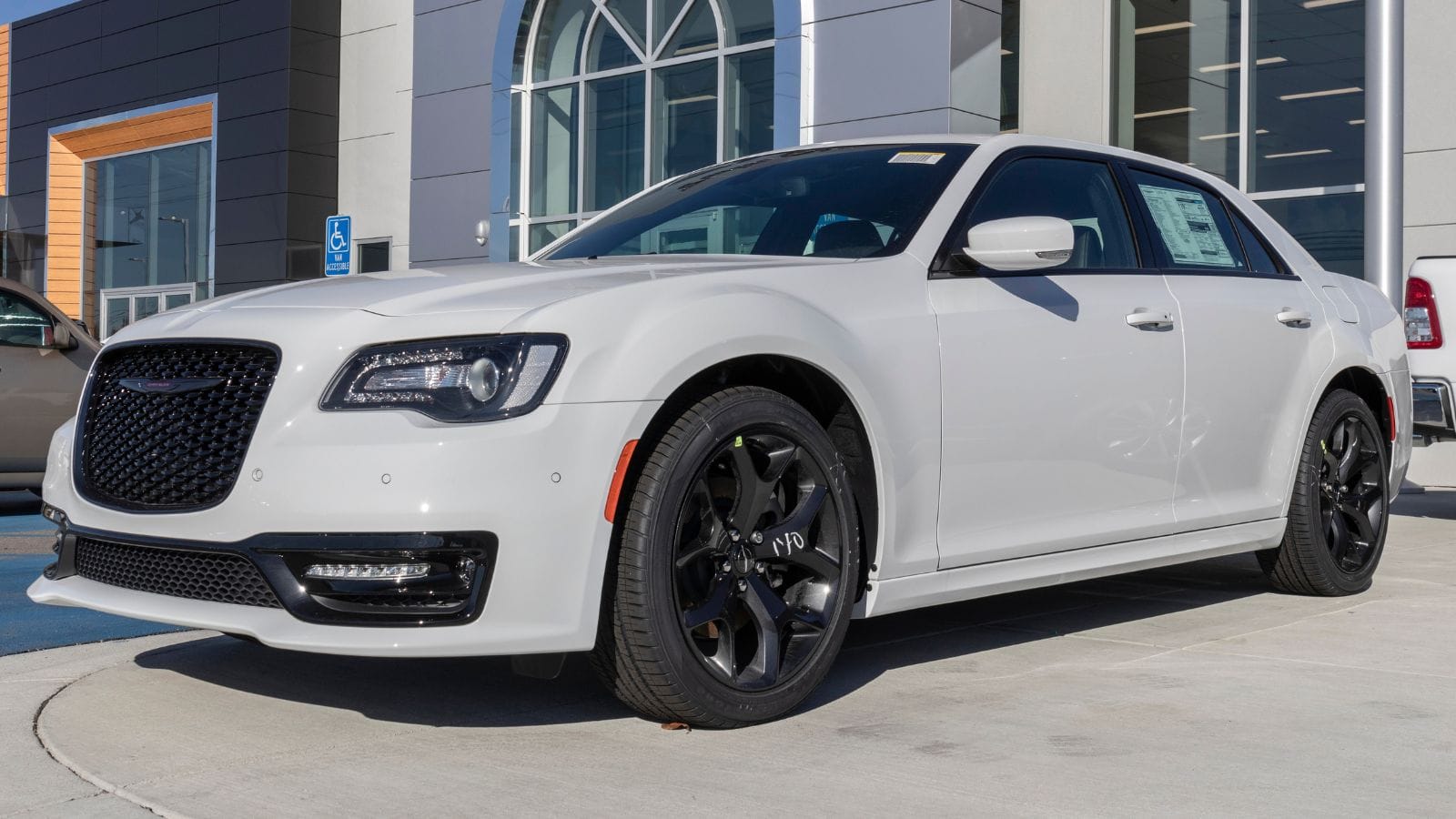
The Chrysler 300’s bold styling and roomy cabin cannot save it from the depreciation spiral it is currently in, as Canadian drivers are turning away from full-size sedans. The 300’s aging platform and thirsty V6 or V8 engines are not helping. Within three years, it can lose up to 50% of its value, and although it remains popular with rental fleets, this association further drags down private resale prices. Buyers are choosing AWD crossovers or more fuel-efficient alternatives instead, and owning one can feel like cruising in comfort until it’s time to resell.
Jaguar XF
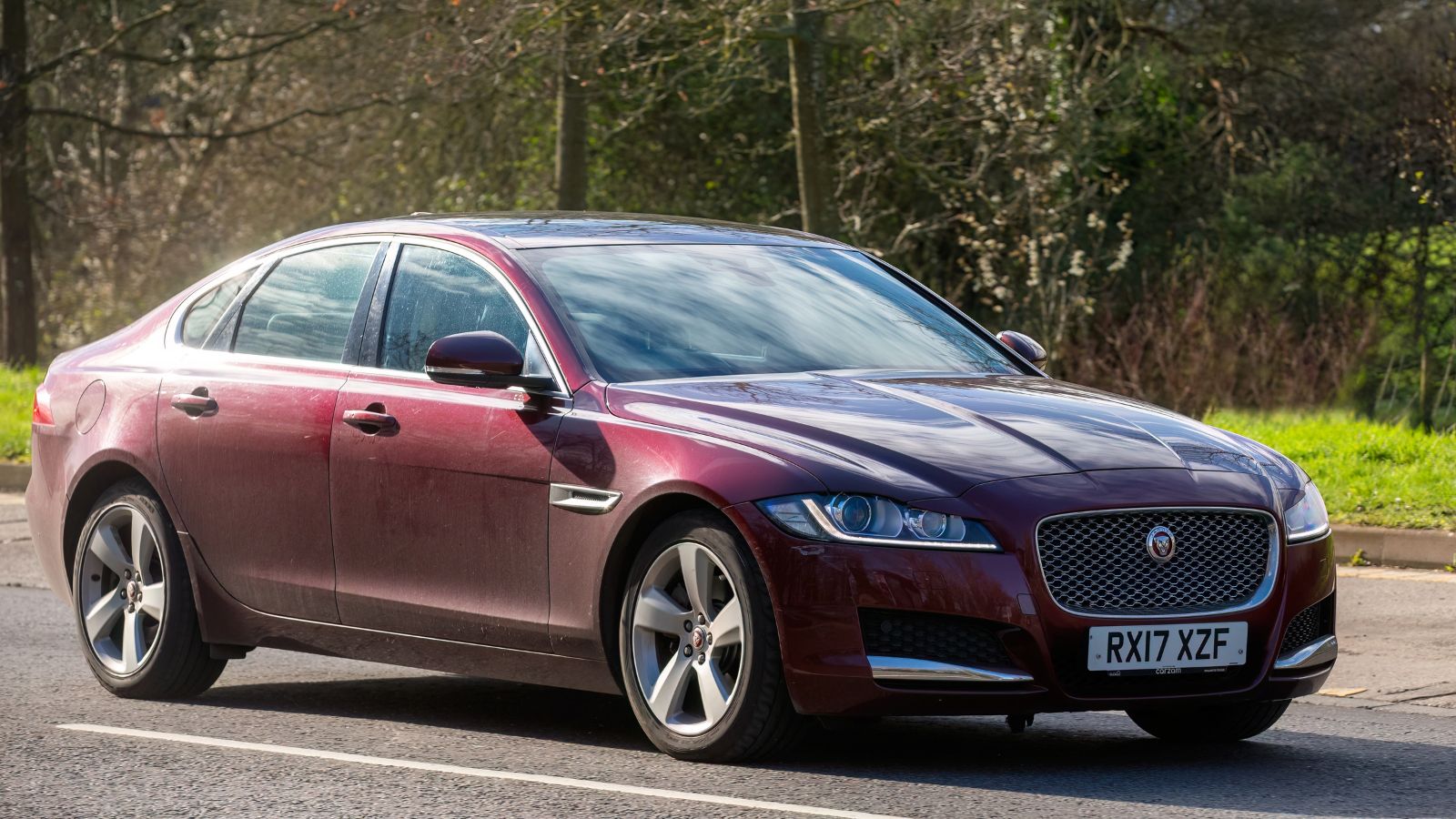
The Jaguar XF turns heads, but it struggles to maintain its value in Canada’s fiercely competitive luxury market. Often shedding 55% or more of its original price within three years, the XF suffers from reliability concerns, expensive maintenance, and limited brand loyalty north of the border. Canadians seeking a luxury sedan are increasingly turning to BMW, Audi, or Lexus, which are brands with stronger resale reputations and more extensive service networks. Even with low mileage and a clean history, the XF is often a tough sell.
Mini Clubman
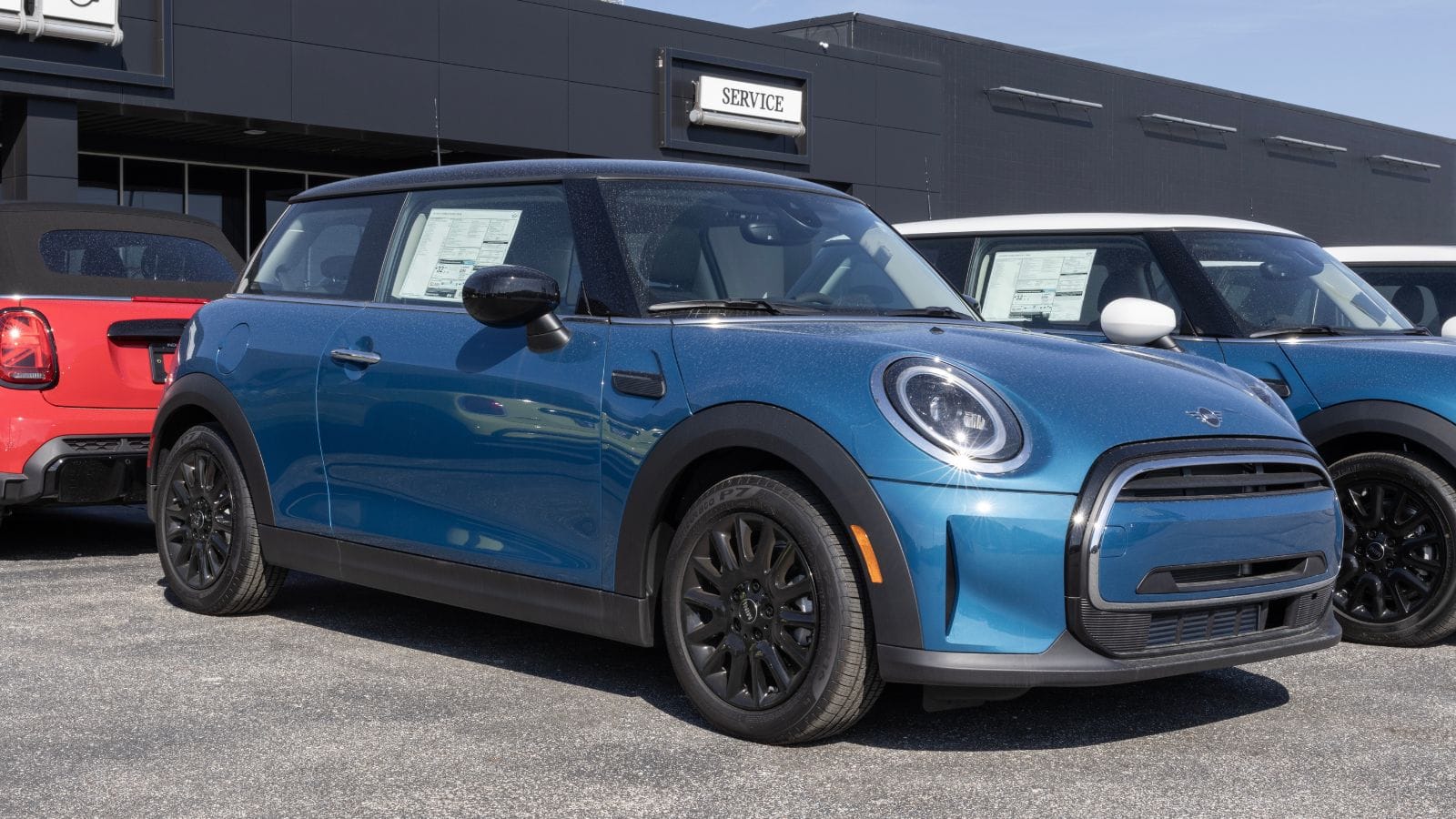
Quirky and fun to drive, the Mini Clubman has niche appeal, but that niche does not help its resale value. These stylish wagons depreciate quickly in Canada, where winter performance and practicality carry more weight, while repair costs are surprisingly high, and used buyers worry about long-term durability. Within a few years, a Clubman can lose over 45% of its value. The split rear doors and distinctive looks may charm some, but most Canadians want more space, better AWD options, and lower running costs.
Buick Envision
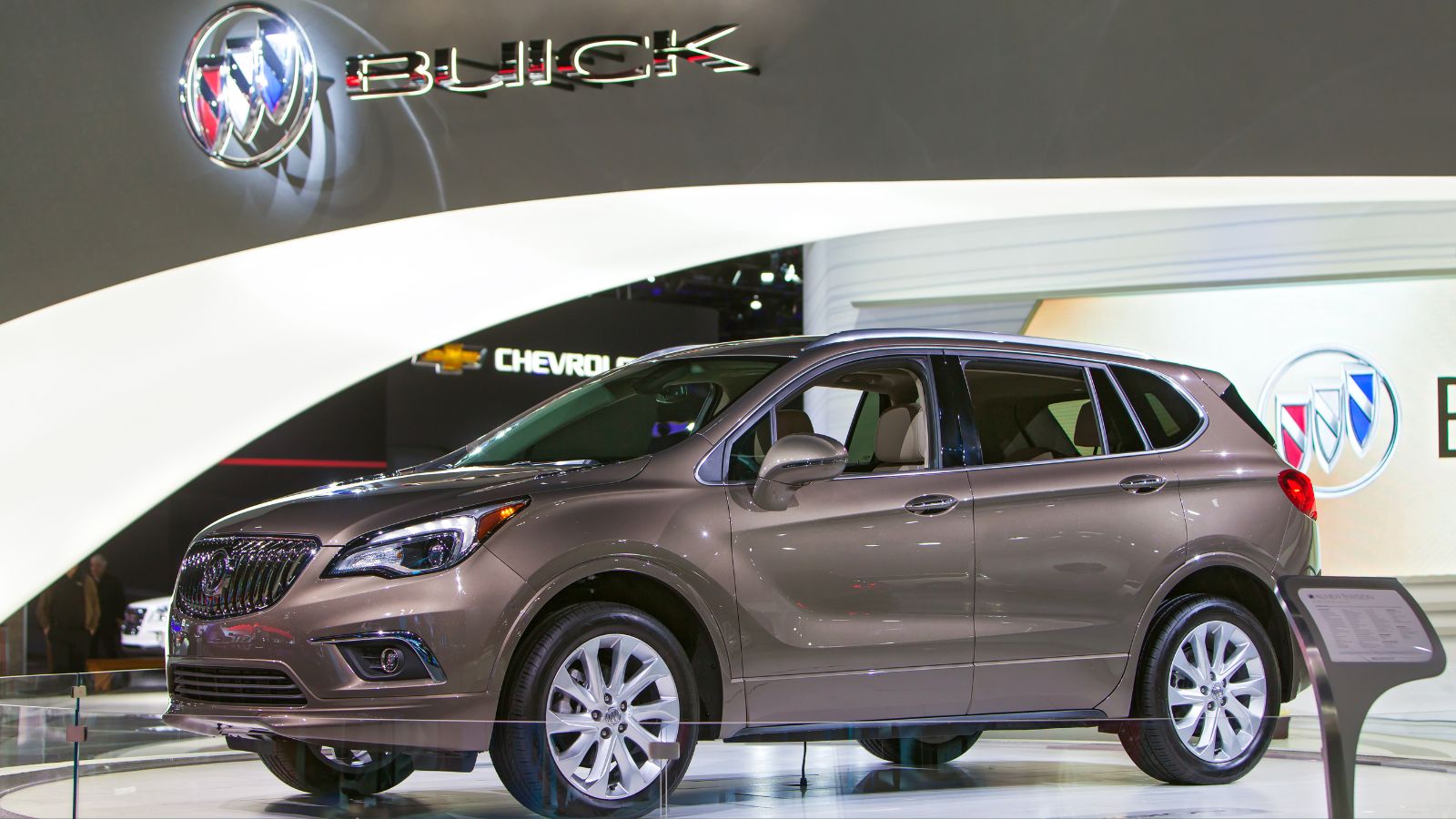
The Buick Envision attempts to straddle the line between luxury and mainstream, but in doing so, it loses ground on both fronts in terms of resale value. Canadian buyers are increasingly overlooking this compact SUV in favor of better-known luxury options or more value-packed mainstream crossovers. The Envision’s soft resale market leads to 45-50% depreciation within just three years, and limited brand cachet, average driving dynamics, and weak brand loyalty further drag it down. Even with updated styling and decent features, it still struggles to stand out on the used market, which means that sellers are taking a hit.
Acura ILX
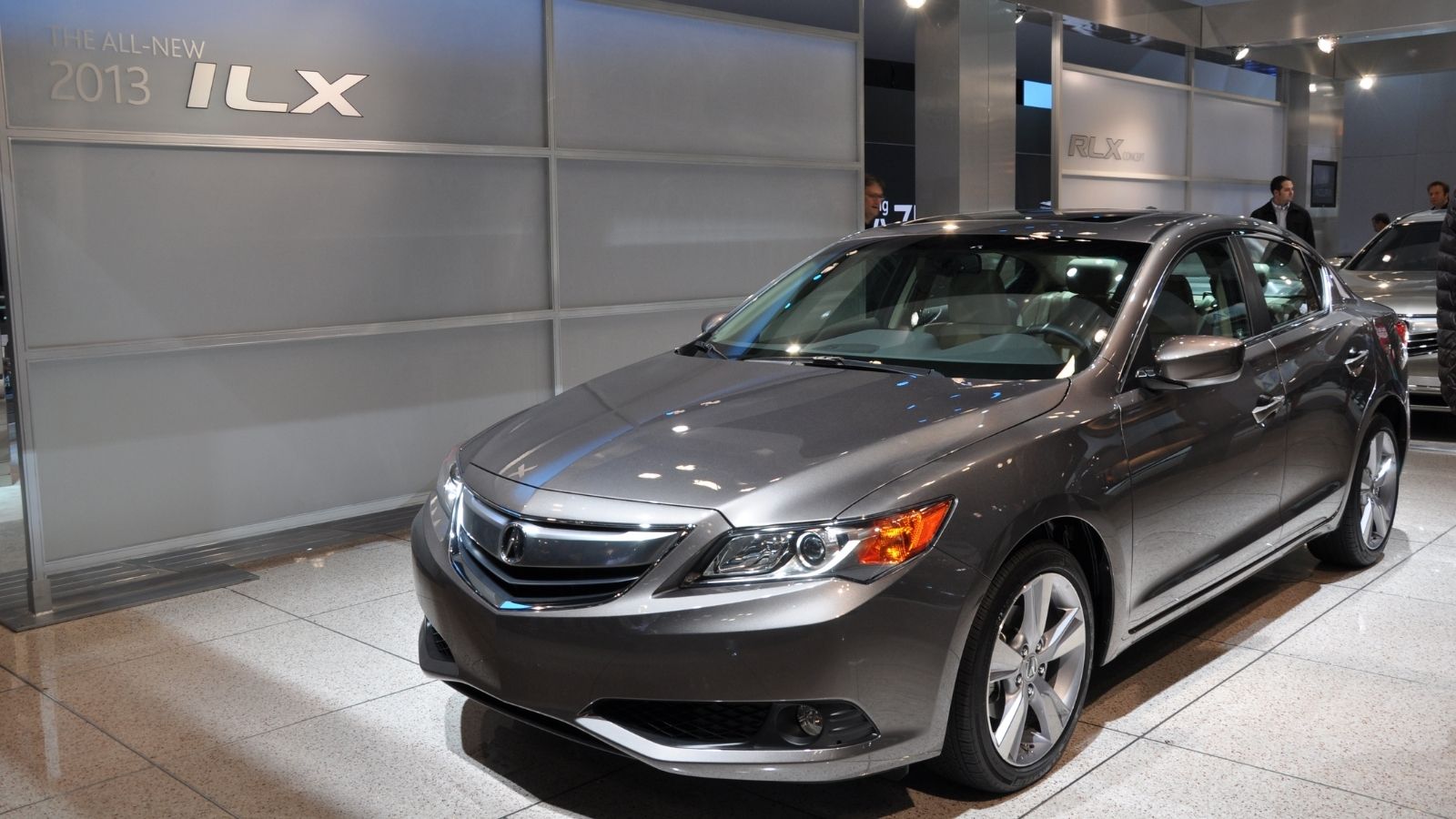
The Acura ILX had a good run, but it is rapidly losing ground and value. As a premium compact sedan built on an aging platform, it fails to excite younger Canadian drivers who seek performance or technological innovation. The lack of AWD in a winter-prone country does not help either, and despite the Acura badge, the ILX often depreciates like a lower-end Honda. Within just a few years, its value can decline by over 45%, denting resale hopes as buyers shift toward more modern compact crossovers, leaving the ILX behind on dealer lots.
Fiat 500L
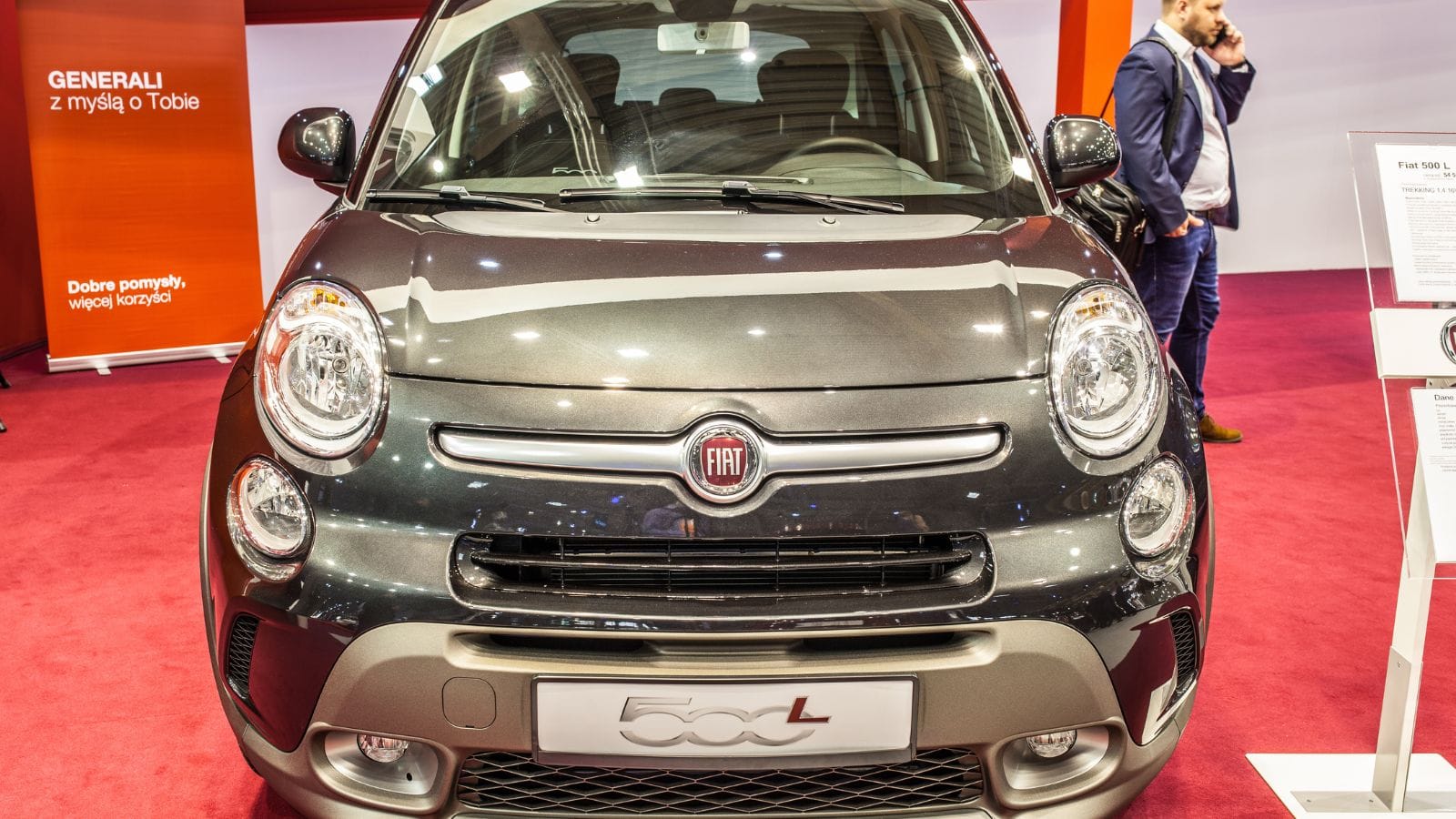
Fiat’s quirky 500L has not found much traction in Canada, and the resale data proves it. Suffering from reliability concerns and an unusual design that never quite resonated with Canadian tastes, the 500L loses value almost immediately. It is common for these models to lose over 55% of their worth in just a few years. Canadians value winter durability, dependable engineering, and strong resale, and the 500L falls short in all of these areas. Fiat’s declining presence in North America makes it harder to find support, which only pushes resale prices further into the red.
Volvo S90
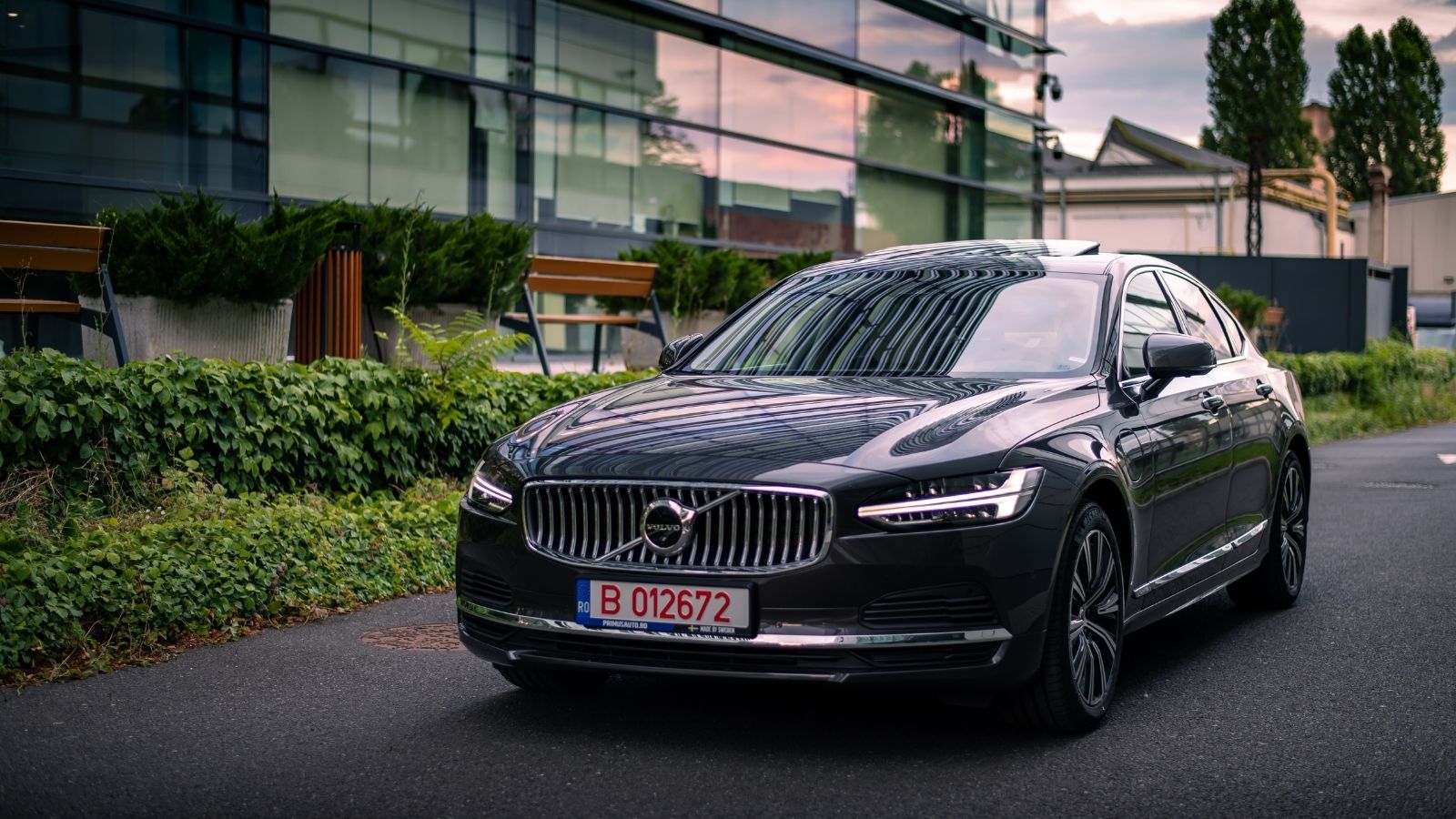
Volvo’s flagship S90 sedan boasts an elegant design and strong safety credentials, but it does not retain its value in Canada as well as its SUV siblings. The depreciation curve can be steep, losing up to 50% of its value in three years, mainly due to limited demand for full-size luxury sedans and high ownership costs. With XC90 and XC60 models dominating the Volvo resale space, the S90 has struggled to maintain relevance. Even newer, well-equipped models often sit on used lots at steep discounts, making it an excellent deal for buyers, but a painful one for original owners.
Lincoln MKZ
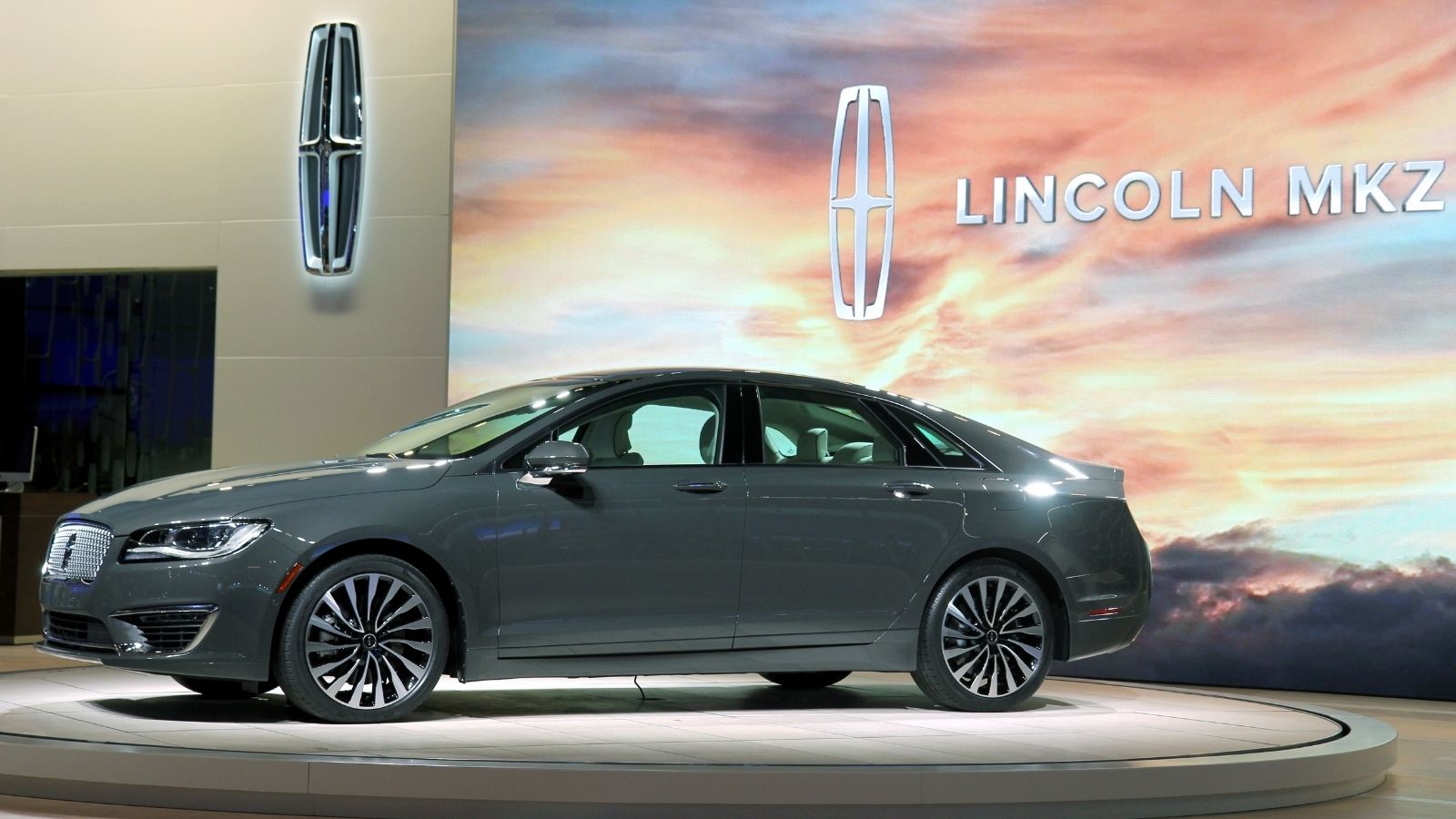
The Lincoln MKZ aimed to bring American luxury into the mid-size sedan segment, but its resale value never kept pace. In Canada, where the demand for sedans is already shrinking, the MKZ has become a depreciation heavyweight. Typically, it can lose close to 50% of its value in just three years. Its interior lags behind competitors, and the brand does not carry the prestige of German or Japanese rivals. As Lincoln shifts toward SUVs like the Nautilus and Aviator, the MKZ has quietly disappeared from showrooms and is also losing interest among buyers.
Cadillac CT5
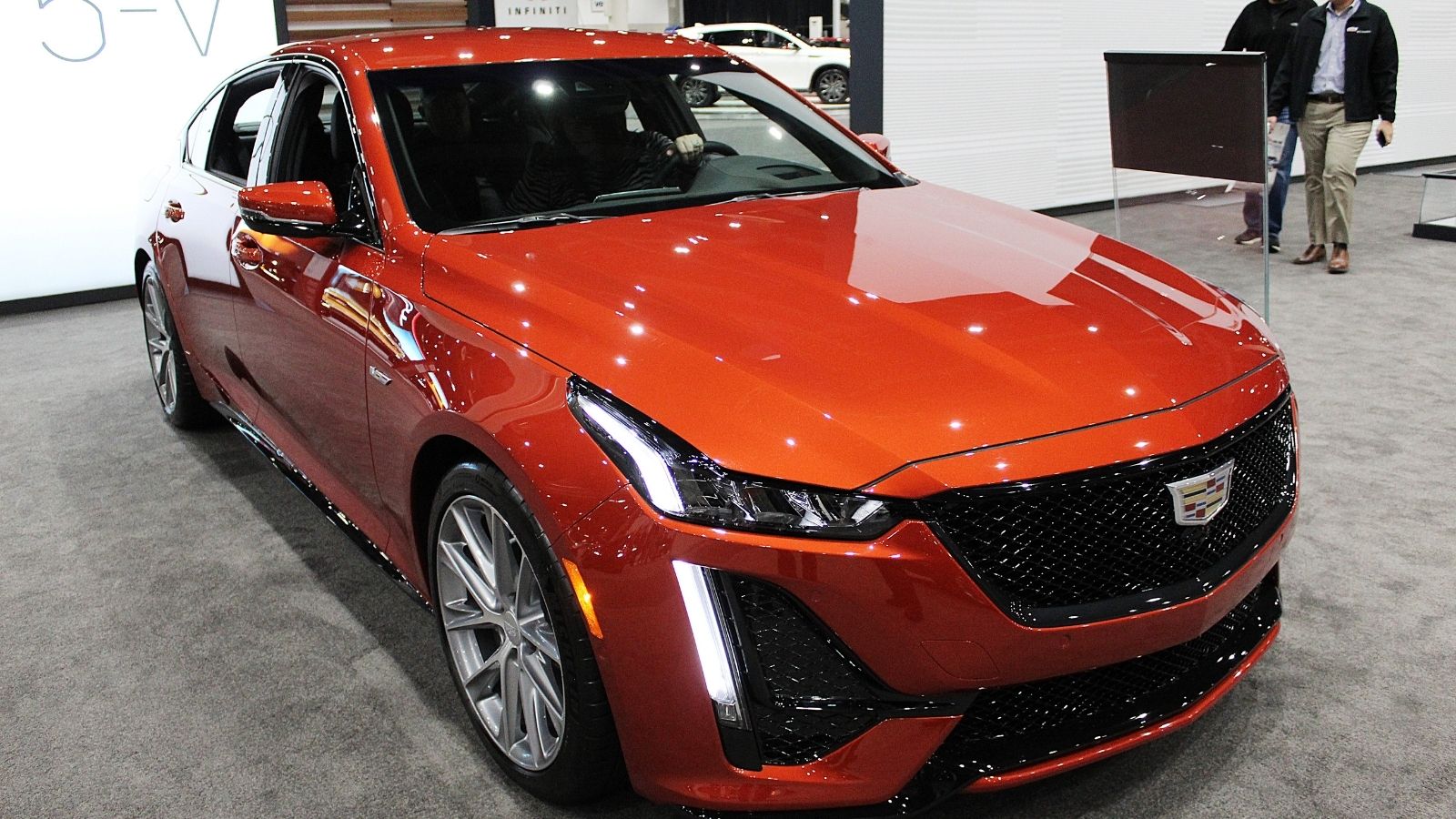
The Cadillac CT5 attempts to compete with BMW and Audi, but in the Canadian resale market, it struggles to keep pace. While newer trims have improved performance and interior features, brand perception and lack of AWD availability on specific models hold it back. Within just a few years, CT5s can lose nearly half their original value, and many buyers view it as a rental fleet holdover rather than a true luxury competitor. As Cadillac pivots hard into EVs, the CT5 risks being forgotten, and its resale value is already reflecting that uncertainty.
Hyundai Ioniq Hybrid
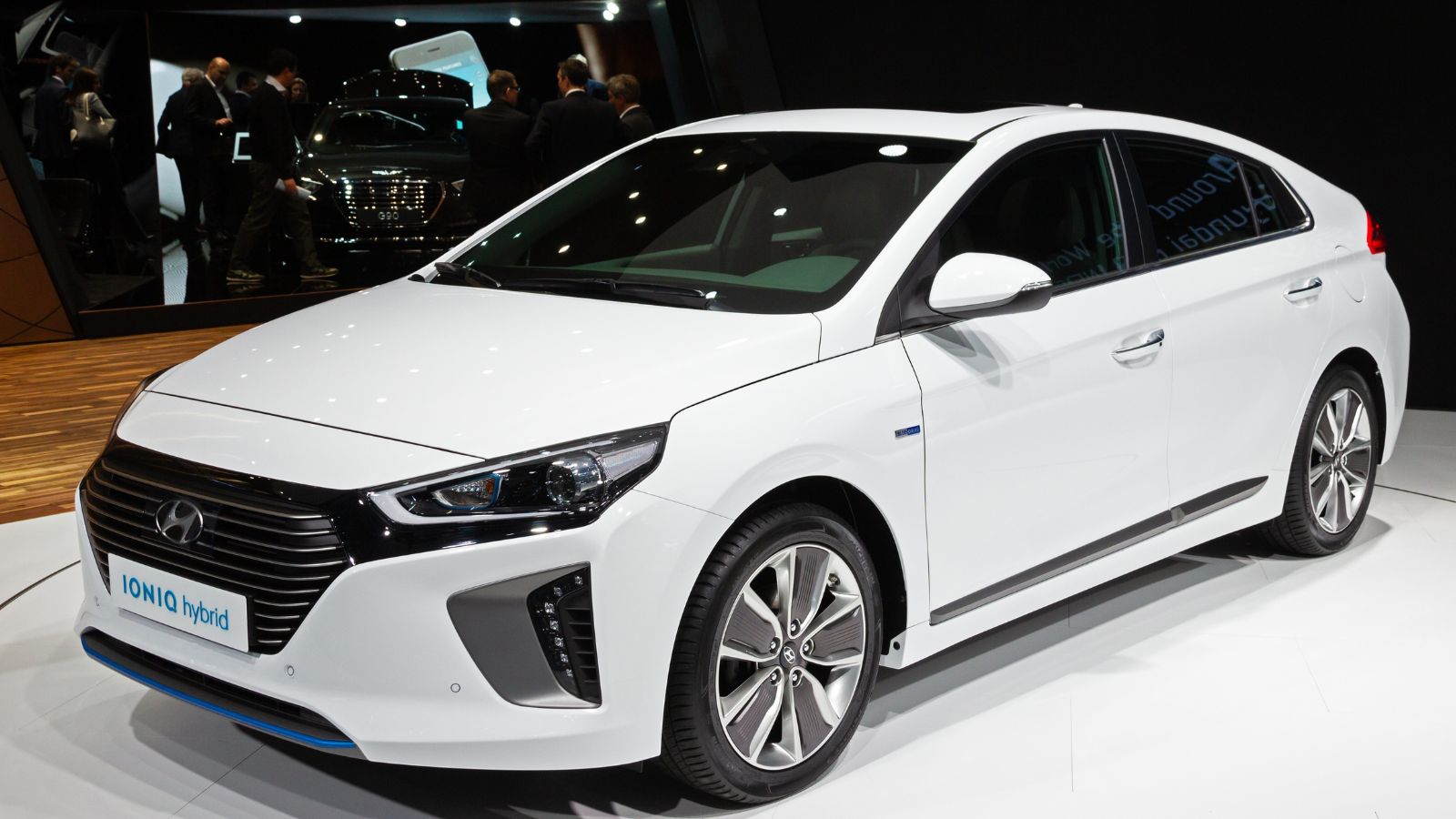
Although efficient and well-priced when new, the Hyundai Ioniq Hybrid hasn’t held up well in the resale market. With rapid advances in EV and hybrid tech, early Ioniqs feel outdated fast, particularly as Canadian buyers gravitate toward longer-range plug-ins and crossovers, which leaves the compact Ioniq in the cold. Within three years, depreciation can exceed 45%, especially for models without plug-in functionality. As Hyundai turns its attention to the sleeker Ioniq 5 and 6, used Ioniq Hybrids are slipping through the cracks, and buyers looking to resell one may be shocked by just how little they’re offered.
Genesis G80
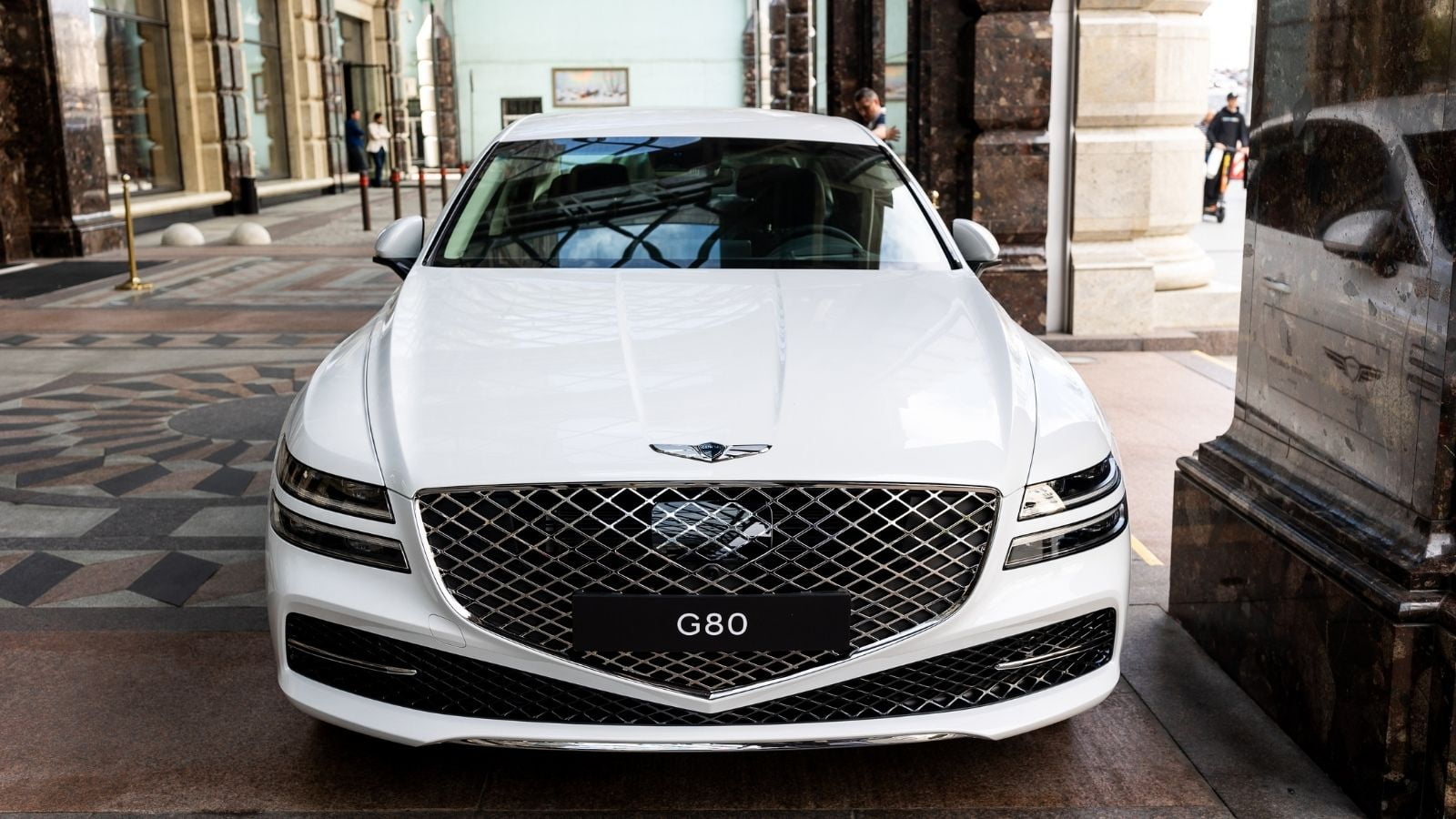
Genesis made waves with its luxury lineup, but the G80 has yet to deliver on resale in Canada. Despite high-end features and solid build quality, the brand is still earning trust in the used market. The G80 often experiences 45-50% depreciation within a few years, as Canadian luxury buyers remain more loyal to German and Japanese rivals. Limited dealership access, along with concerns over long-term reliability, continue to weigh down resale prices. While the G80 is undeniably good value upfront, owners looking to sell it later may be in for disappointment.
Lexus LS
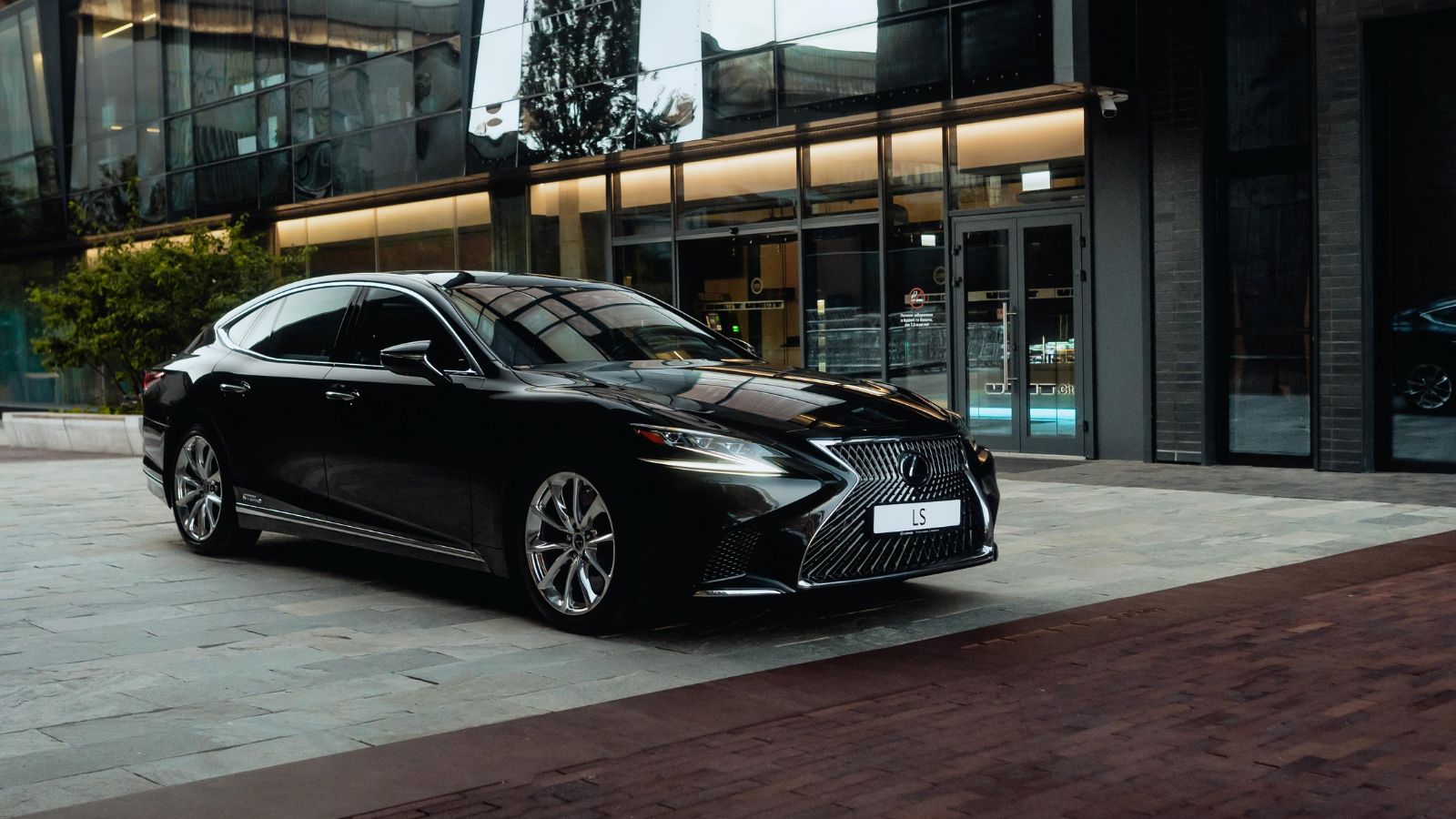
Lexus is usually a resale champ, but not in the case of its flagship LS sedan. Canadian drivers have moved away from large sedans in favor of high-end SUVs, and even the LS’s famed reliability cannot protect it from plummeting demand. Within a few years, LS models can lose over 45% of their original value. The price tag is high to begin with, and buyers expect cutting-edge luxury that sometimes lags behind European rivals. For most Canadians, it’s simply too much car for the return, and as a result, resale is surprisingly weak.
Volkswagen Arteon
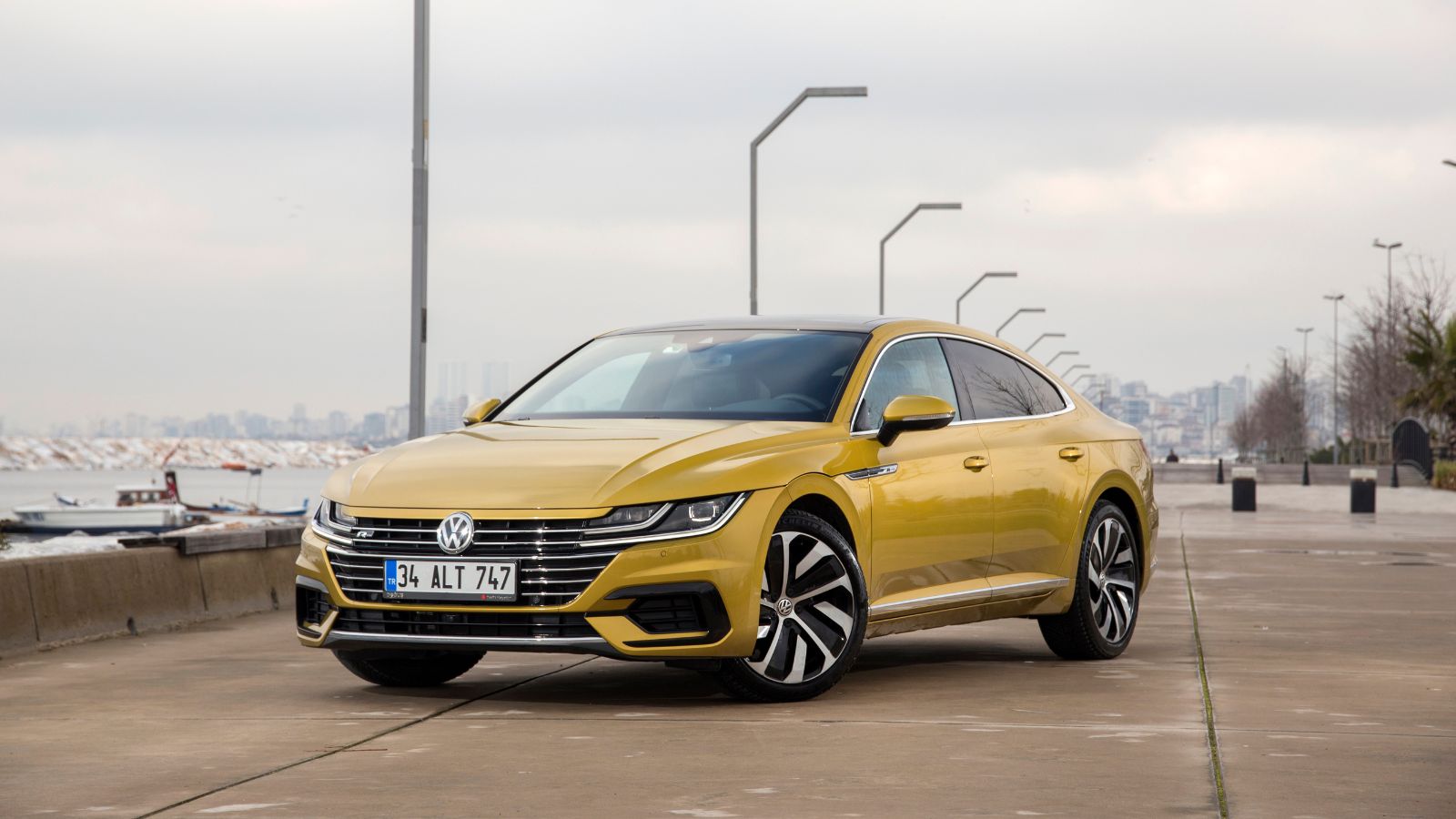
The Volkswagen Arteon is stylish and well-appointed, but its value retention is surprisingly poor in Canada. Overshadowed by the success of VW’s crossovers like the Tiguan and Atlas, the Arteon struggles to find a firm place in the market. In just a few years, depreciation can cross the 50% mark, and limited marketing and low brand recognition for this specific model contribute to its struggles. While it offers strong performance and a premium feel, resale shoppers tend to opt for more familiar alternatives, which hurts both demand and asking prices.
Subaru Legacy
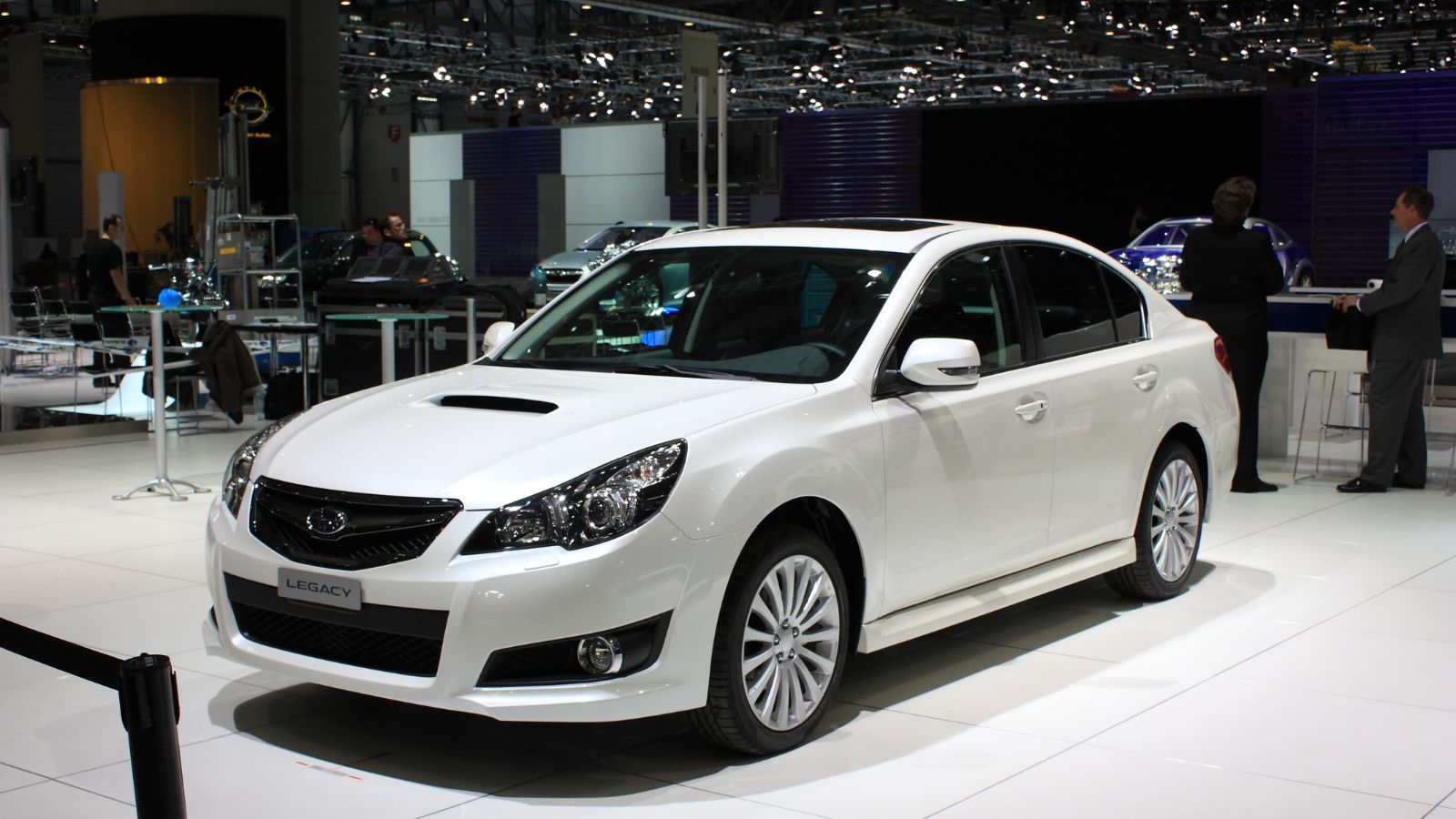
Although Subaru has a substantial following in Canada, the Legacy sedan lags behind the brand’s popular SUVs in terms of resale value. As the market pivots toward crossovers, the Legacy’s value retention has suffered, often dropping 45-50% within the first three years. While it offers standard AWD and solid safety features, buyers are increasingly opting for the versatility of the Outback or Forester. This shift in consumer preference is making Legacy sedans harder to move on the used market, with trade-in values underwhelming even longtime Subaru fans.
Dodge Charger
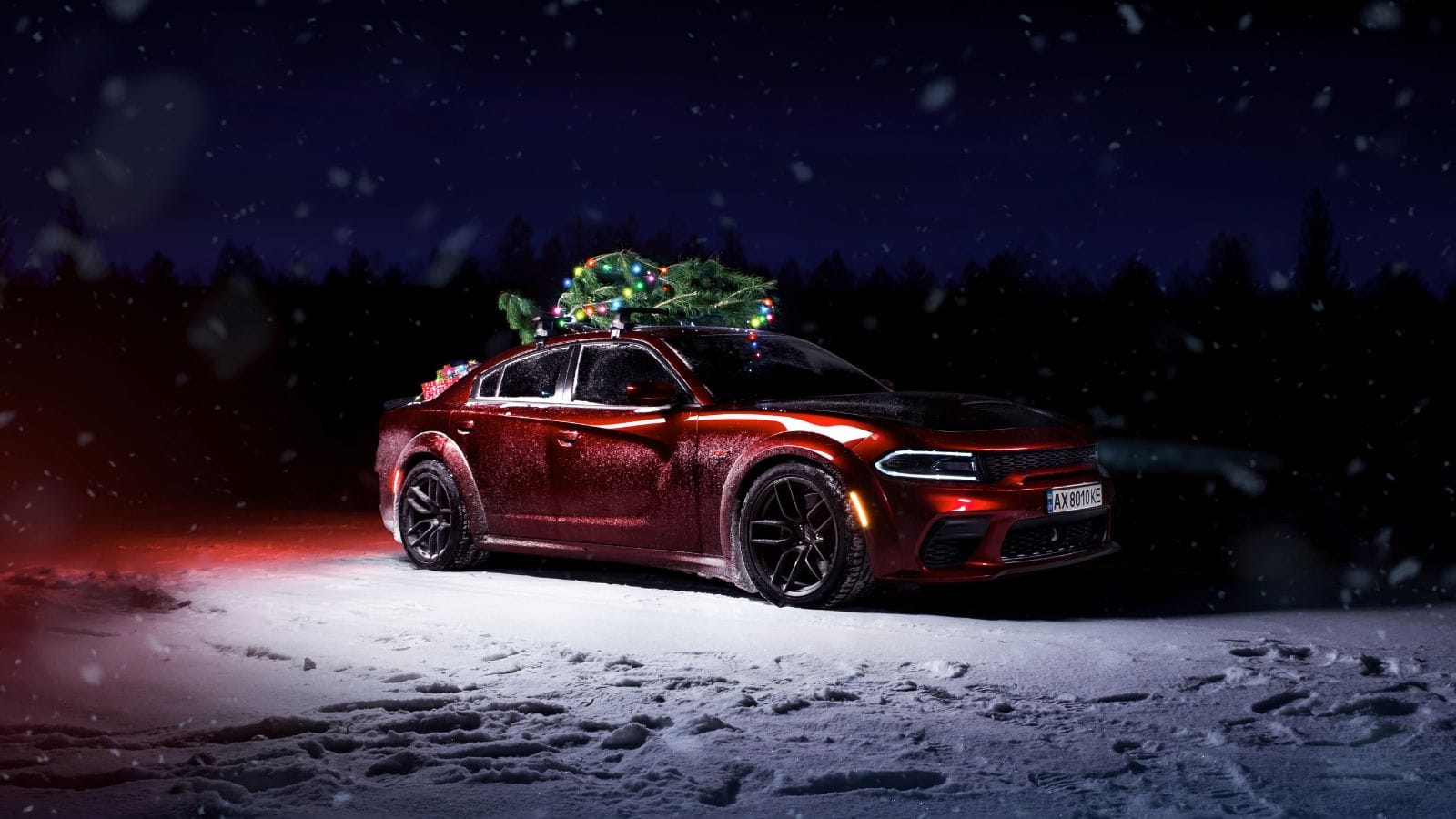
The Dodge Charger may pack a punch under the hood, but resale numbers tell a more sobering story. With depreciation commonly exceeding 45% in three years, Canadian owners are struggling to recoup their investment. Fuel economy, aging tech, and a high-volume fleet presence have taken a toll on perception, and it is often seen more as a performance novelty than a practical daily driver, which limits demand in the resale market. While still popular among enthusiasts, the general shift toward AWD crossovers and electrification is leaving the Charger behind.
Ford EcoSport
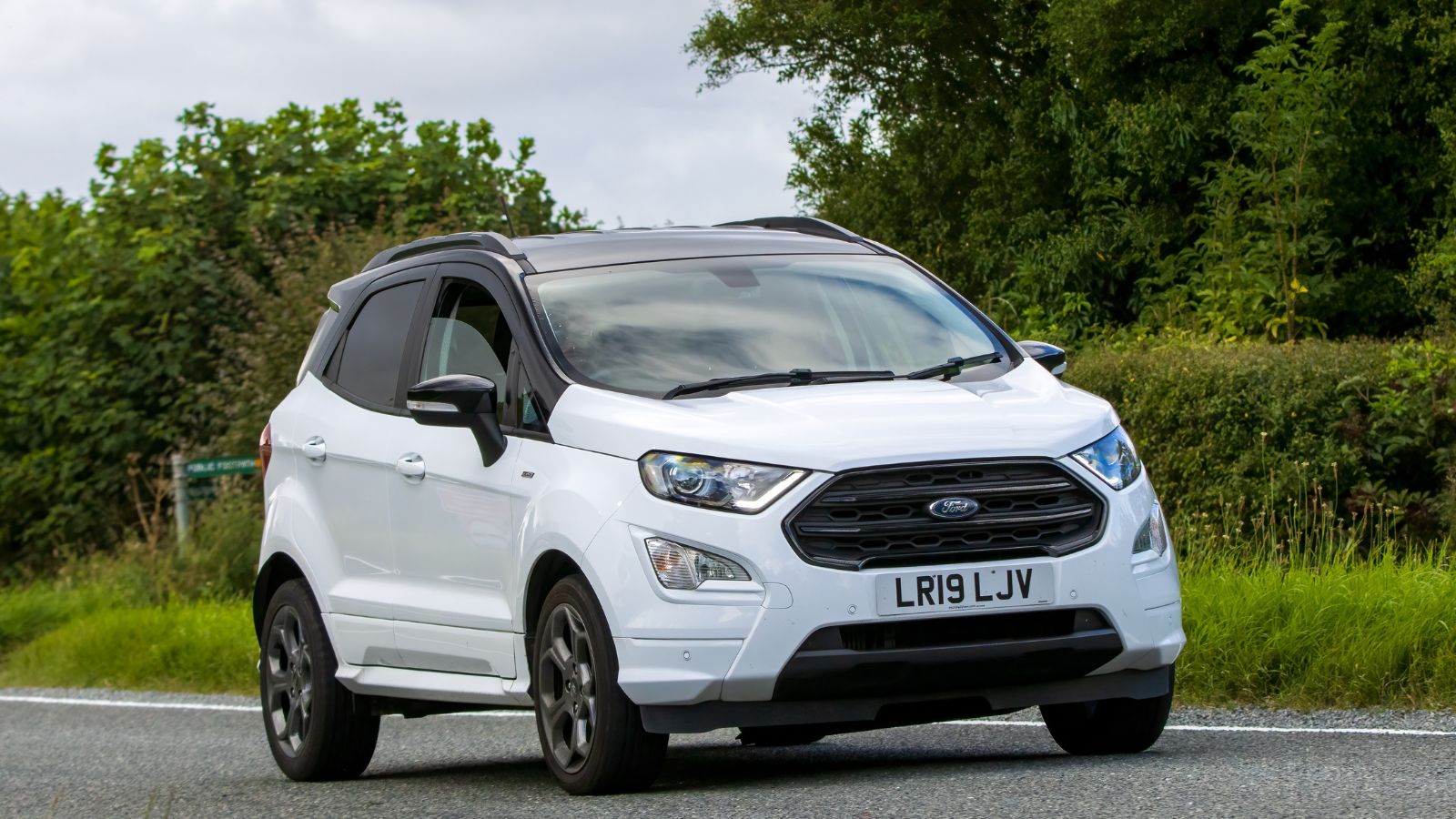
The Ford EcoSport entered the Canadian market too late to build lasting value. It is small, underpowered, and awkwardly styled, and it never really resonated with buyers. Now, it is being discontinued, and depreciation has accelerated. Within three years, many EcoSports lose nearly 50% of their original value. Its limited cargo space, harsh ride, and outdated infotainment system haven’t helped, and the used market is not kind to models nearing the end of their life. The EcoSport’s lack of practical appeal means even deep discounts are not generating much interest among Canadian buyers.
Toyota Mirai
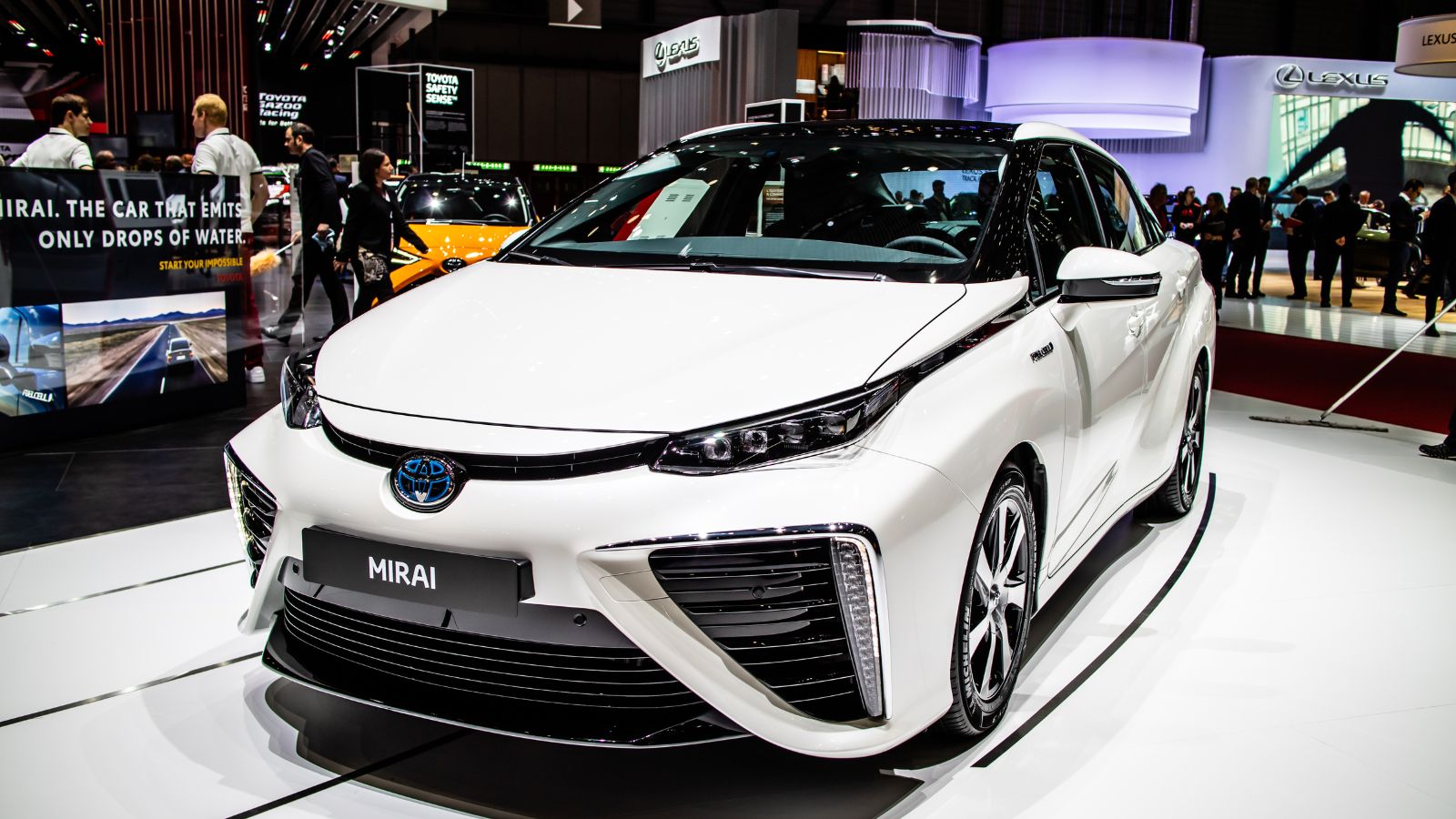
The hydrogen-powered Toyota Mirai is an ambitious experiment, but it’s nearly worthless in Canada’s used market. The country’s hydrogen infrastructure is sparse, making the Mirai nearly unusable for most Canadians. This extreme lack of practicality leads to near-total depreciation, even on newer models. Within two to three years, the Mirai can lose over 60% of its value, as EVs take over the clean energy spotlight, making the Mirai’s resale future look bleak. It’s a technological marvel that arrived in the wrong place at the wrong time.
Alfa Romeo Giulia

The Alfa Romeo Giulia is stunning, but beauty only gets you so far on the resale lot. In Canada, where brand trust and cold-weather performance are crucial, the Giulia has struggled, with owners reporting reliability concerns and high maintenance costs that deter used buyers. As a result, the Giulia can lose 50% or more of its value in just a few years. Despite its sharp handling and design, most Canadians still opt for safer bets, such as BMW or Lexus. Even low-mileage Giulias are hit hard by depreciation, and dealers are aware of this.
25 Facts About Car Loans That Most Drivers Don’t Realize

Car loans are one of the most common ways people fund car purchases. Like any other kind of loan, car loans can have certain features that can be regarded as an advantage or a disadvantage to the borrower. Understanding all essential facts about car loans and how they work to ensure that you get the best deal for your financial situation is essential. Here are 25 shocking facts about car loans that most drivers don’t realize:
25 Facts About Car Loans That Most Drivers Don’t Realize
